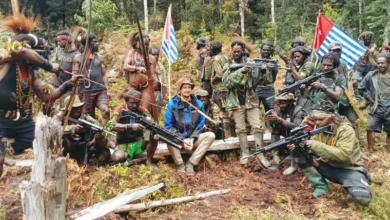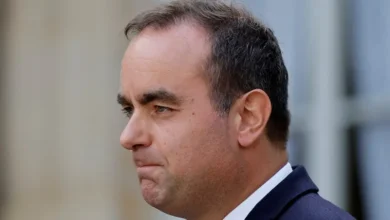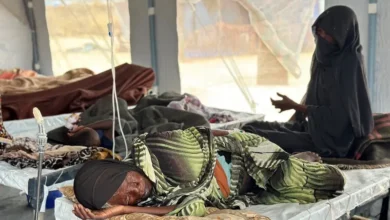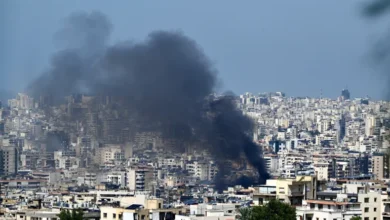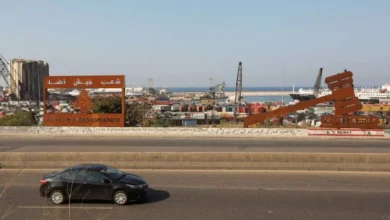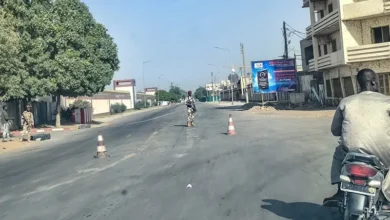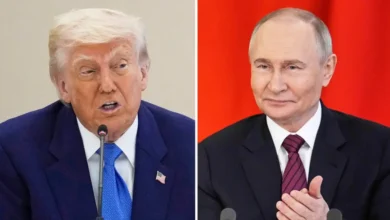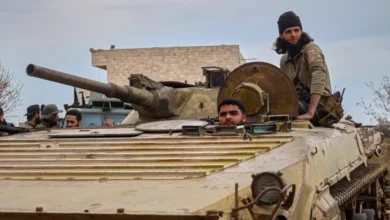Ukraine commander irked by lack of arms promised for offensive
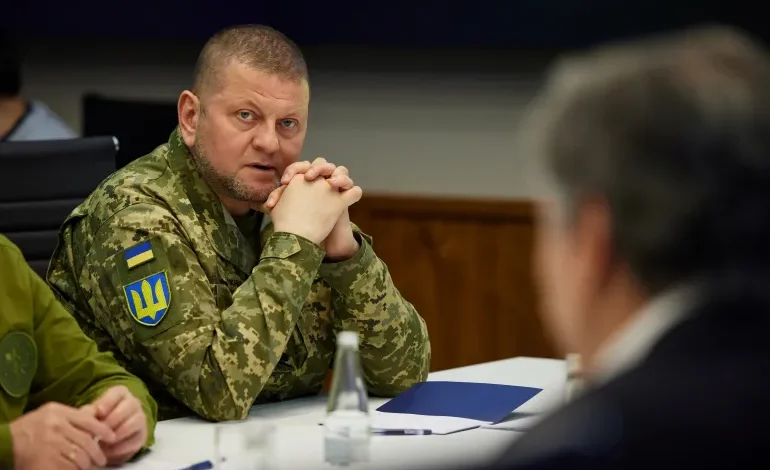
Ukraine’s counteroffensive plans have been slowed by a lack of adequate firepower, from modern fighter jets to ammunition for artillery guns, the country’s military commander-in-chief Valery Zaluzhny has said.
Complaining about the slow deliveries of weapons promised by the West, Zaluzhny said in an interview with the Washington Post published on Friday that Kyiv’s Western supporters would not themselves launch an offensive without air superiority, but Ukraine is still awaiting F-16 fighters promised by its allies.“I do not need 120 planes. I’m not going to threaten the whole world. A very limited number would be enough,” he told the newspaper, saying that it “pi**es me off” when some in the West complain about the slow start and progress of the push against Russian forces.
“They are needed. Because there is no other way. Because the enemy is using a different generation of aviation,” he said.
He also complained he has a fraction of the artillery shells that Russia is firing.
“We have an agreement: 24/7, we’re in touch. So, sometimes I can call up and say, ‘If I don’t get 100,000 shells in a week, 1,000 people will die. Step into my shoes,’” he told the Washington Post.
But Milley alone can’t make the decision, and the delays are deadly, Zaluzhny said.
“It’s just that while that decision is being made, in the obvious situation, a lot of people die every day – a lot. Just because no decision has been made yet,” he said.
“This is not a show,” he added. “It’s not a show the whole world is watching and betting on or anything. Every day, every metre is given by blood,” he said.
The Washington, DC-based think tank, the Institute for the Study of War (ISW), said on Friday that Zaluzhny responded to a question regarding military equipment losses in battles with Russian forces saying that Ukraine used its tanks and armoured cars in combat and did not save them up for “parades”.Speaking later Friday in Washington, Milley said the United States and allies were working hard to supply Ukraine.
“We are giving them as much help as humanly possible,” he said.
Milley said the US was still in talks on providing Ukraine with F-16s and ATACMS, precision missiles that could more than double the range Ukraine forces are able to target.
He acknowledged that some people had expressed impatience with the pace of the counteroffensive.
‘War on paper and real war are different’: Milley
Milley told an audience at the National Press Club in Washington that Ukraine’s counteroffensive was “advancing steadily, deliberately working its way through very difficult minefields … 500 metres a day, 1,000 metres a day, 2,000 metres a day, that kind of thing”.
He said he was unsurprised that progress was slower than some people and computers might have predicted.
“War on paper and real war are different. In real war, real people die. Real people are on those front lines and real people are in those vehicles. Real bodies are being shredded by high explosives,” he said.
“What I had said was this is going to take six, eight, 10 weeks, it’s going to be very difficult,” he added.
“It’s going to be very long, and it’s going to be very, very bloody. And no one should have any illusions about any of that.”
On Friday, Ukrainian President Volodymyr Zelenskyy said his forces advanced “in all directions of our active operations”, while Hanna Maliar, the country’s deputy defence minister, said Ukraine’s military assessed progress as “going according to plan”, and that the counteroffensive should be evaluated by “a lot of different military tasks.”Zelenskyy said he had been informed on Friday of the situation in Belarus by the Ukrainian intelligence service GUR, foreign intelligence services and border guards.
“By the decision of the Stavka [chief of staff], Commander-in-Chief [Valery] Zaluzhny and General [Serhiy] Nayev were instructed to strengthen the northern direction in order to guarantee peace. There are appropriate deadlines,” the Ukraine leader said in a video posted on Telegram.
Belarusian leader Alexander Lukashenko has offered Wagner boss Yevgeny Prigozhin refuge in his country after his fighters called off their mutiny to remove Russia’s military leadership.
Western officials now fear that Wagner forces could destabilise Central and Eastern Europe from the soon-to-be bases in Belarus.The ISW said on Friday that sources report that Wagner will operate three large field camps in Belarus, and media reports have claimed that recruitment centres for the private mercenary force are still open in Russia and accepting new recruits.
